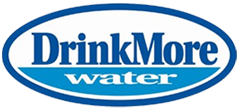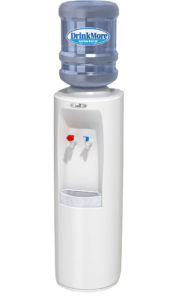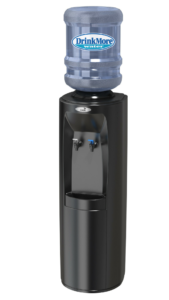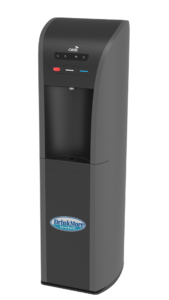Tap Water
In the Washington, DC area, our tap water comes from the Potomac or Patuxent Rivers. This water is process with basic filtration techniques like flocculation, which adds chemicals to the water to get particles to coagulate and float so that they can be removed; sand filtration, which filters out large pieces of debris; or chlorination, which adds chlorine to kill bacteria and microorganisms. DWhy Drink Purified Water?
The Benefits of Our 12-Step Purification Process
When it comes to the kind of water you drink, there are a number of different options from which you can choose. You can drink it straight from the tap or buy it at the grocery store. You can put a filter on your faucet or in a pitcher, or order it in bottles. But with so many choices, how do you know which is best? Is there really a difference between all of these types of waters? When it comes to choosing the best kind of water, there’s a lot more that goes into it than you may think. As consumers, we’re told so many different things by various water companies that it can be difficult to decipher what true and what’s not. All too often, we’ll choose our water based on price or convenience. At DrinkMore Water, our goal is to provide you with valuable insight into each kind of water and to recommend the best anIs Purified Water the same as Tap Water?
If you watch TV or read the news, you just may think so. Couldn't be further from the truth. Purified Water is defined by the US Pharmacopeia as having less than 10 PPM (that's parts per million or milligrams/liter) of total dissolved solids (TDS). In order to achieve that level of purity, you have to use expensive purification technologies like reverse osmosis or distillation or deionization. There are very few municipalities that have invested in these kinds of technologies for two very simple reasons. First, it simply costs too much, and second, 99.5% of tap water is not being consumed by people - it's being used for all sorts of other valid purposes - like flushing your toilet, washing your clothes, showering, hosing off the driveway (that, by the way, is not a valid purpose in my book), washing dishes, etc.




